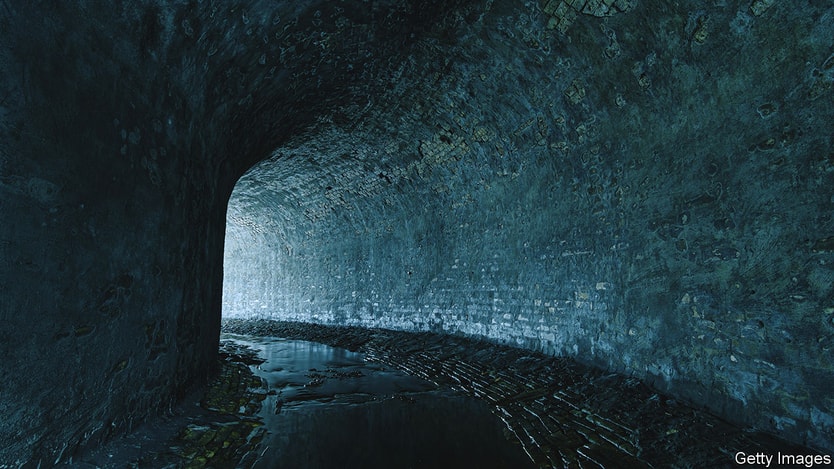Admin
September 15, 2022
How covid-19 spurred governments to snoop on sewage

*As published on The Economist
Monitoring wastewater can help track diseases, drugs and even explosives
Nuhu amin is a medical researcher at the International Centre for Diarrhoeal Disease Research in Bangladesh. Later this month one of his colleagues will dig into a pit latrine in Cox’s Bazar, a refugee settlement in Bangladesh where 900,000 stateless Rohingya Muslims live. A sample will be extracted, refrigerated, and sent on a 12-hour bus journey to a laboratory in Dhaka, Bangladesh’s capital. Once there, it will be tested for the presence of many different bugs, including cholera, typhoid and sars–cov-2, the virus responsible for covid-19. With aid from the Rockefeller Foundation, a big philanthropic organisation, Dr Amin plans for his team to repeat the process every week. That, he hopes, will give him insight into how covid-19 is spreading through the camp.
Surveying sewage for pathogens is not a new idea. Several American cities, including Charleston, Detroit and Philadelphia, tracked polio that way in the early 20th century. But the covid-19 pandemic proved to be, as the inevitable joke goes, a “watershed moment”. Figures from the jauntily named CovidPoops19 project, hosted at the University of California, Merced, show that the number of survey sites has risen from just 38 in October 2020 to more than 3,500 now, scattered across 70 countries (see chart). “It’s been the silver lining of the pandemic,” says Anna Mehrotra at the Water Environment Federation, an American organisation. “We’ve done a decade’s worth of science in the first year,” says Doug Manuel, an epidemiologist at the University of Ottawa.
Your wastewater contains the data.
We just need to extract it so that you can optimize your operations.
Contact us and a member of our team will get back to you as soon as possible.



